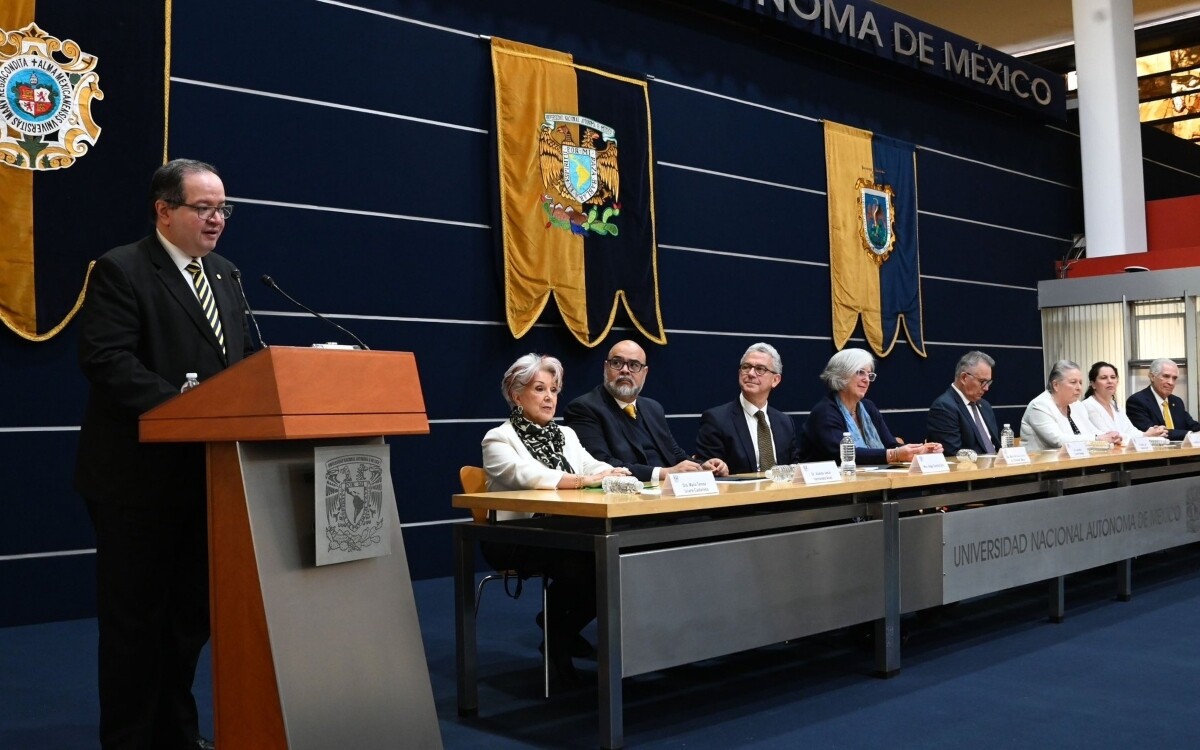
The director of the Institute of Historical Research at the National Autonomous University of Mexico (UNAM), Elisa Speckman Guerra, emphasized the importance of the Organic Law of 1945, which granted UNAM the ability to plan its academic policies while respecting the freedom of teaching and research. She highlighted the principles that should guide research, including commitment to the demands and needs of the country, adherence to international ethical standards, academic excellence, and a plurality of approaches and topics.
UNAM is responsible for more than 50% of research in Mexico in areas relevant at both national and international levels, from the environment to migration. In an academic context, there are no divisions between majorities and minorities, but rather a space for diverse reasons, ideas, and knowledge that demand respect for all members of the community. The freedom to teach, learn, and research is fundamental in this environment.
The rector of UNAM, Leonardo Lomelí Vanegas, assured that adjustments to the Organic Law will be made through dialogue and informed deliberation of the university community to ensure that they align with institutional values and the needs of all. The Advisory Council of the Coordination of Institutional Reform and University Prospective was established to lead this process.
The reform seeks to strengthen the academic, institutional, and regulatory structures of the university to successfully face current and future challenges. Autonomy is essential for knowledge generation and for the leadership of new generations in necessary changes. The importance of principles such as academic freedom, inclusion, democratic participation, and community engagement was highlighted.
The General Counsel of UNAM, Hugo Alejandro Concha Cantú, recalled that the current Organic Law is a norm created by and for university members that has allowed for growth and construction of the university. He emphasized that this law balances stability and flexibility within the institution, allowing for a rational and plural body in university governance. Experts such as Diego Valadés Ríos and María Teresa Uriarte Castañeda underscored the importance of the autonomy and stability provided by the Organic Law to UNAM, as well as the relevance of democratic participation in the institution to promote academic excellence and a plurality of ideas.














